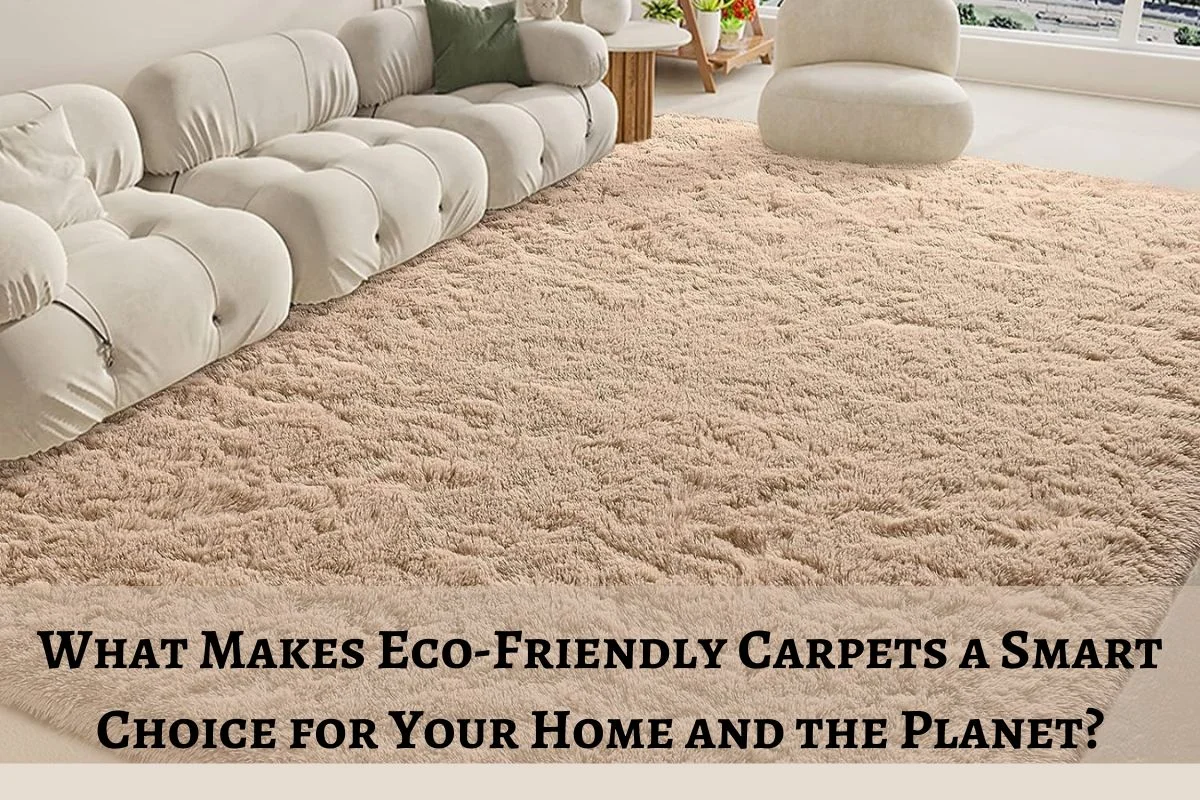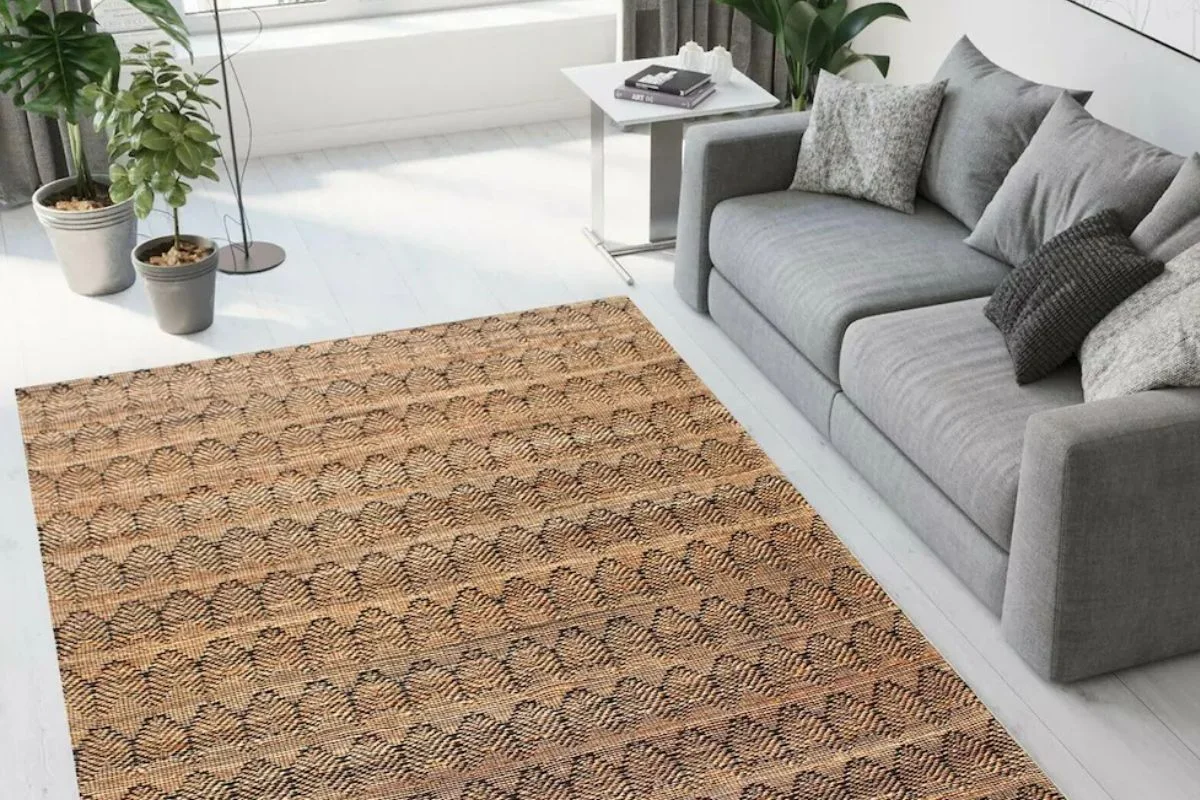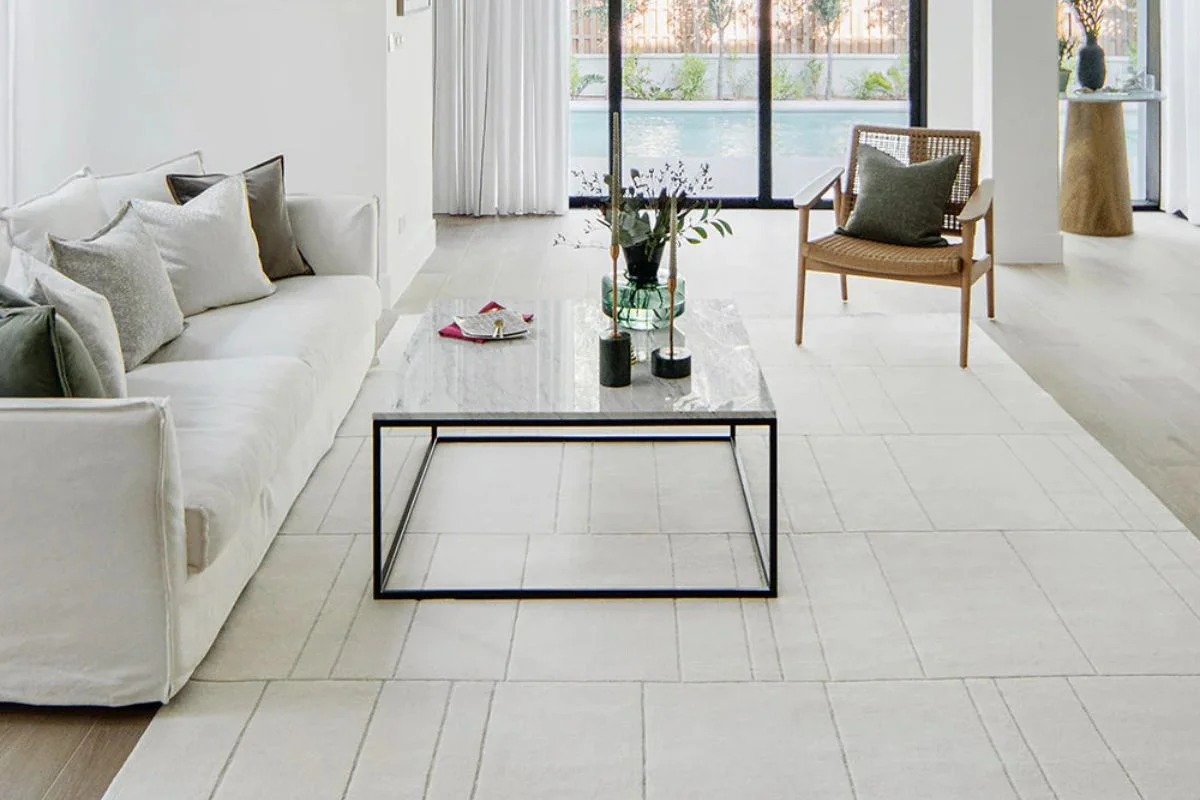When it comes to home design, the choices we make can have a significant impact on both our living spaces and the environment. Eco-friendly carpets are emerging as a smart choice for homeowners seeking sustainability without sacrificing style or comfort. These carpets are made from natural, renewable materials and are often produced with minimal environmental impact, making them a responsible alternative to conventional flooring options. Not only do they contribute to a healthier indoor air quality and reduce the carbon footprint, but they also enhance the overall aesthetic of your home. In this article, we’ll explore the benefits of eco-friendly carpets and why they are an excellent investment for your home and the planet.
Sustainable Materials: The Foundation of Eco-Friendly Carpets
Eco-friendly carpets are crafted from a variety of sustainable materials, including natural fibers like wool, jute, and sisal. These renewable resources not only minimize environmental impact but also provide durability and comfort. Wool, for instance, is biodegradable and naturally resistant to stains and fire, while jute and sisal offer a rustic, textured look. Some eco-friendly options utilize recycled materials, such as plastic bottles or reclaimed fibers, which help reduce waste. By opting for carpets made from these materials, homeowners can enjoy a beautiful and stylish floor covering that aligns with their sustainability values.
Mastering the Art of Production: A Journey Through Our Innovative Process
The production processes for eco-friendly carpets are designed to be environmentally responsible. Manufacturers often employ techniques that reduce energy consumption and minimize the use of harmful chemicals. For instance, many eco-friendly carpets use low-impact dyes and water-based adhesives, which lessen air and water pollution. Some companies also utilize renewable energy sources during manufacturing. This commitment to sustainability not only benefits the planet but also ensures that the final product is safer for your home, free from toxic substances. By choosing carpets made with eco-conscious practices, consumers can feel good about their impact on the environment.
Breathe Easy: Transforming Spaces with Exceptional Indoor Air Quality
Indoor air quality is crucial for a healthy living environment, and eco-friendly carpets contribute positively in this regard. Unlike conventional carpets, which may release volatile organic compounds (VOCs) and other harmful pollutants, eco-friendly options are often made with natural materials and low-emission technologies. This means fewer toxins are released into the air, reducing allergy triggers and respiratory issues. By improving indoor air quality, these carpets create a safer space for families, especially for children and those with sensitivities. Investing in eco-friendly carpets helps promote a healthier home environment, making them a smart choice for conscientious homeowners.
Built to Last: Eco-Friendly Carpets That Withstand the Test of Time
Eco-friendly carpets are not just about sustainability; they are also built to last. Many natural fibers, such as wool and sisal, are incredibly durable, resisting wear and tear over time. This longevity means that homeowners can enjoy their carpets for many years without needing frequent replacements. Investing in durable flooring not only saves money in the long run but also reduces waste, as fewer carpets end up in landfills. By choosing carpets designed for longevity, consumers can make a responsible choice that benefits both their budget and the environment, proving that sustainability and practicality can go hand in hand.
Eco-Friendly Carpets: Smart Solutions for a Waste-Free World
Choosing eco-friendly carpets plays a significant role in waste reduction. Many of these carpets are made from recycled materials, such as plastic bottles or reclaimed fibers, which helps divert waste from landfills. This recycling process not only conserves natural resources but also decreases the energy required for new material production. Additionally, some manufacturers take back old carpets for recycling or repurposing, creating a circular economy within the carpet industry. By selecting carpets that prioritize waste reduction, homeowners contribute to a more sustainable future, making a tangible difference in minimizing environmental impact while enhancing their living spaces.
Experience Unmatched Comfort and Timeless Aesthetics
Eco-friendly carpets offer a wide range of styles, colors, and textures, ensuring that homeowners don’t have to sacrifice aesthetics for sustainability. Natural fibers like wool provide a soft, plush feel underfoot, while options like jute and sisal add unique, earthy textures. With a variety of designs available, eco-friendly carpets can fit seamlessly into any decor style, from modern to traditional. This versatility allows homeowners to create inviting and stylish interiors that reflect their personal tastes while aligning with their values. By choosing eco-friendly options, you can achieve both comfort and beauty in your home.
Trust in Quality: The Importance of Certifications and Standards in Eco-Friendly Carpets
When shopping for eco-friendly carpets, understanding certifications and standards is essential. Look for labels like Green Label Plus, which indicates low VOC emissions, or Cradle to Cradle certification, which assesses the product’s safety and sustainability. These certifications help consumers identify carpets that meet rigorous environmental and health standards. By choosing products with these labels, homeowners can feel confident that their carpet selections are genuinely eco-friendly and responsibly produced. This transparency empowers consumers to make informed decisions, ensuring their investments align with their commitment to sustainability and health in their living spaces.
Health Benefits: Elevate Your Well-Being with Eco-Friendly Carpets for a Cleaner, Safer Home Environment
Eco-friendly carpets offer numerous health benefits, contributing to a safer indoor environment. Made from natural materials, these carpets are less likely to contain harmful chemicals that can exacerbate allergies or respiratory issues. For example, wool carpets are naturally hypoallergenic and resist dust mites and mold growth. Additionally, because they emit fewer VOCs, eco-friendly carpets help maintain better indoor air quality. This is especially important for families with children, elderly members, or individuals with sensitivities. By choosing eco-friendly options, homeowners can foster a healthier living space, enhancing the well-being of everyone in the household.
Supporting Sustainable Practices
Purchasing eco-friendly carpets supports sustainable practices within the flooring industry. Many manufacturers are committed to ethical sourcing and fair labor practices, prioritizing both environmental and social responsibility. By choosing carpets from companies that invest in sustainable production methods, consumers help promote a market that values sustainability over profit. This support encourages more manufacturers to adopt eco-friendly practices, leading to a broader shift toward responsible production in the industry. Consumers can feel proud that their choices are helping to drive positive change, fostering a more sustainable economy and encouraging ethical practices across various sectors.
Long-Term Cost Savings: Investing in Eco-Friendly Carpets for Financial Wisdom and Sustainable Living
Investing in eco-friendly carpets can lead to significant long-term cost savings. While the initial purchase price may be higher than conventional options, the durability and longevity of eco-friendly materials often result in lower maintenance and replacement costs over time. Many sustainable carpets resist staining, fading, and wear, reducing the need for frequent cleaning or replacement. Additionally, energy-efficient manufacturing processes can translate to lower energy bills in the long run. By considering the overall lifecycle cost, homeowners can see that choosing eco-friendly carpets is not only a responsible choice for the environment but also a financially savvy one.
Building a Better Tomorrow: The Positive Community Impact of Choosing Eco-Friendly Carpets
Choosing eco-friendly carpets can have a positive impact on local communities. Many sustainable carpet manufacturers prioritize local sourcing and labor, helping to stimulate regional economies. By supporting these companies, consumers contribute to job creation and economic stability in their areas. Additionally, eco-friendly practices often involve collaborations with local artisans and communities, fostering a sense of pride and craftsmanship. This community-oriented approach not only enhances the quality of the products but also strengthens social ties and encourages sustainable practices at a grassroots level. Ultimately, consumers can feel good knowing their choices support both the environment and their communities.
Unleash Your Creativity: Exploring Exciting DIY and Upcycling Opportunities with Eco-Friendly Carpets for a Sustainable Home Makeover
Eco-friendly carpets open up exciting possibilities for DIY projects and upcycling. Homeowners can repurpose old carpets into unique decor items, such as rugs, wall hangings, or even pet beds. These creative endeavors not only extend the life of the material but also add a personal touch to home decor. Many eco-friendly carpets are made from fibers that are easy to work with, allowing for various crafting projects. By engaging in upcycling, consumers reduce waste and create one-of-a-kind items that reflect their style and commitment to sustainability. This creative aspect makes eco-friendly carpets an inspiring choice for environmentally conscious individuals.
These points collectively illustrate why eco-friendly carpets are not only a smart choice for your home but also a responsible decision for the planet.
Conclusion
In conclusion, eco-friendly carpets offer a multitude of benefits that extend beyond mere aesthetics. By choosing sustainable materials and production processes, homeowners can enhance their living spaces while actively contributing to a healthier planet. The durability and longevity of these carpets not only lead to long-term cost savings but also help reduce waste and support responsible manufacturing practices.






